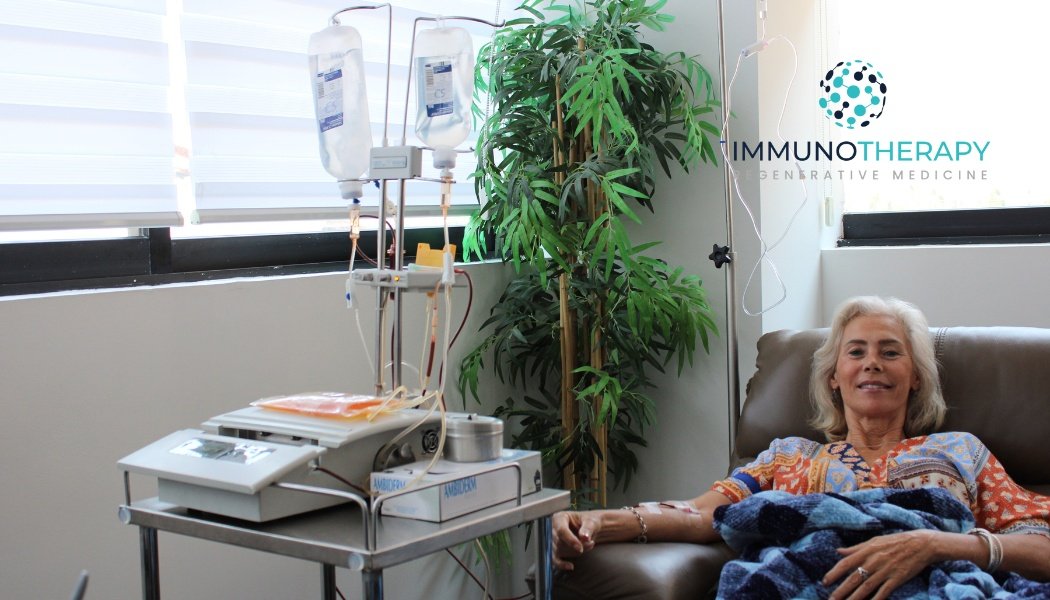Table of Contents
Damages to the heart muscle mass from reduced blood flow. Damaging of the heart muscular tissue.

Our process consists of: We start by thoroughly assessing each patient's clinical history, present heart function, and overall wellness. This consists of advanced diagnostic imaging and testing to figure out the degree of heart damages.
Several people report less fatigue, improved breathing, and better physical endurance. By dealing with the origin causes, stem cell treatment decreases the threat of future cardiac events.
We integrate stem cell therapy with corresponding treatments for comprehensive heart treatment. Every treatment strategy is tailored to address the unique needs of each person. One of one of the most typical questions we obtain is, While no treatment can ensure complete reversal, have shown considerable possibility to fix broken cells, decrease swelling, and boost general heart feature.
Top clinics for stem cell therapy focused on Heart Failure
Heart illness is a leading source of in the United States and worldwide. In the US alone, practically 1 million individuals died due to heart disease in 2021 (one of the most recent year for this information). Worldwide, that number increases to 17.9 million every year. For many individuals, traditional therapies offer hope and help.
Today, researchers concentrate on 2 main types of stem cells: grown-up stem cells and embryonic stem cells. Adult stem cells typically come from bone marrow, fat tissue, or even directly from the heart.
Grown-up stem cells are also less complicated to accumulate and have fewer moral problems. Beginning stem cells can transform into any type of cell, including heart cells.

However, there are some honest debates around their use, as they're stemmed from early-stage embryos. And also, there's a greater danger of immune rejection since they're not from your own body. One more worry is the opportunity of forming growths if these cells do not differentiate appropriately after implantation. The huge concern is, does stem cell treatment in fact help heart fixing? The short solution is that it has a whole lot of potential, yet it's still an establishing field.
Research results are combined. While some patients see significant benefits, others do not see much enhancement whatsoever. Scientists are still determining the most effective methods to supply the cells, ensure they make it through as soon as inside the body, and ensure they incorporate appropriately with existing heart tissue. Among the most significant obstacles is cell survival and integration after implantation.
Breakthrough option for Atherosclerosis that uses stem cells
Even fewer handle to integrate right into the existing heart tissue. For the therapy to be effective, the brand-new cells require to get in touch with the old ones and begin working as component of the heart muscle. But obtaining them to do that is challenging. Problems like inflammation, immune rejection, and the extreme atmosphere of a damaged heart can all cause problems.
It's something to obtain stem cell therapy to operate in a lab or a little scientific trial; it's another to make it offered widespread. Producing, storing, and delivering stem cells safely and effectively is logistically testing at best. Stem cell therapy is extremely appealing, but it's not without downsides.
This is even more of a concern with embryonic stem cells, yet it exists despite having adult cells. An additional downside is the price. Stem cell treatment is costly, partially due to the intricacy of harvesting, expanding, and delivering the cells. As a result of that expense and the treatment's experimental nature, many insurance policy firms won't cover it.
In the last numerous years, there has been a considerable improvement in stem cell therapy for heart problem. Can stem cell treatment remedy heart condition? No, yet used with your existing heart disease program, it can boost your heart wellness and lifestyle. Worldwide sixty-four million individuals are influenced by heart failing.
Are there supportive options for Heart Failure with stem cells?
Doctors treat heart failing symptoms in hopes of improving the patient's lifestyle and protecting against further problems. Medications like diuretics (to remove the liquid in the body), Beta-Blockers (decreasing the force of the blood flow and slowing the heart beat to lower blood pressure), and ACE Inhibitors (lower blood stress by kicking back the veins and arteries) are used to treat the signs and symptoms of cardiovascular disease.
The question stays, can stem cells treat heart disease? Stem cells can't cure heart condition, but they can rejuvenate the heart muscle and improve the ejection fraction (the quantity of blood the heart pumps with each beat) on the heart's left side.
Navigation
Latest Posts
Can you manage Heart Disease in today’s clinics?
Is stem cell therapy for Arrhythmias — what the science says
Stem cell injections for Heart Disease with promising results